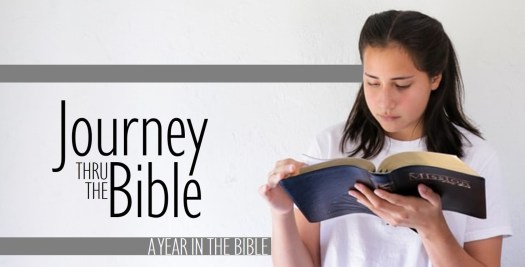
Ezekiel – Bible Overview
Ezekiel is the fourth of the major prophets. He was of the tribe of Levi, and served as a priest among God’s people in the land of the Chaldeans (1:3). Ezekiel was carried away to Babylon by Nebuchadnezzar in 597 when King Jehoiachin was taken captive (1:1-2). The LORD refers to the prophet as “son of man” throughout the book of Ezekiel.
Ezekiel gives many time stamps throughout his writing. His typical manner of dating is to give the year of his captivity, the month, and the day of the month on which the event or the revelation occurred (1:1-2; 4:6; 8:1; 20:1; 24:1; 26:1; 29:1, 17; 30:20; 31:1; 32:1, 17; 33:21; 40:1; 46:13, 17).
Ezekiel was also very direct in acknowledging the occasions of revelation which he received from the LORD. Forty-six times in the book we find the phrase, “the word of the LORD came to me.” The phrase “thus says the LORD” appears 127 times in the book!
In Jeremiah 29:5-7, the prophet told the people who would be taken to Babylon to “Build houses and settle down…” Ezekiel did so. He owned his own home in the town of Tel Abib near the River Chebar (3:15, 24; 8:1).
Ezekiel was married, but his wife died suddenly on the same day Nebuchadnezzar laid a siege against Jerusalem (24:1-2, 16-18; cf. 2 Kings 25:1; Jeremiah 39:1; 52:4). He was commanded to not mourn or weep. His loss was used by the LORD as a sign of the destruction which would come to the city of Jerusalem how the people would react (24:19-24).
Ezekiel was called to be “a watchman for the house of Israel” (3:16-21; 33:1-11). He was to stand watch over God’s people and to warn them of impending danger, specifically with regard to sin. The LORD told him the people would not listen (3:7-9), but that didn’t change his responsibility to warn them. Ezekiel is a great example for us. We are to share the gospel of Christ with people. Some will listen and obey, many will not. However, the response or lack thereof among people does not change our responsibility to share the message.
In a very plain and powerful way, Ezekiel addresses the topic of individual responsibility. In both chapter 18 and 33, the prophet rebukes efforts to shift blame for sin. God holds each individual accountable for their own sin and rewards each individual for their own righteousness. In Ezekiel 18:20, we find the clear statement, “The soul who sins shall die.” A son is not held accountable for his father’s sins, nor is a father held accountable for his son’s sin. This truth of this text stands in stark contrast with the original sin doctrine held by Calvinists and others.
The book of Ezekiel breaks down into two major sections. Chapters 1-32 has Ezekiel warning and rebuking the people prior to the destruction of Jerusalem. Some did not believe the city would fall. Chapters 33-48 look at Ezekiel’s work after the city had fallen as he gave comfort to the people and focused on the eventual restoration of God’s people to the land.
Next week we continue with Daniel…
Links: YouVersion | GROW magazine
Return to the article archive

